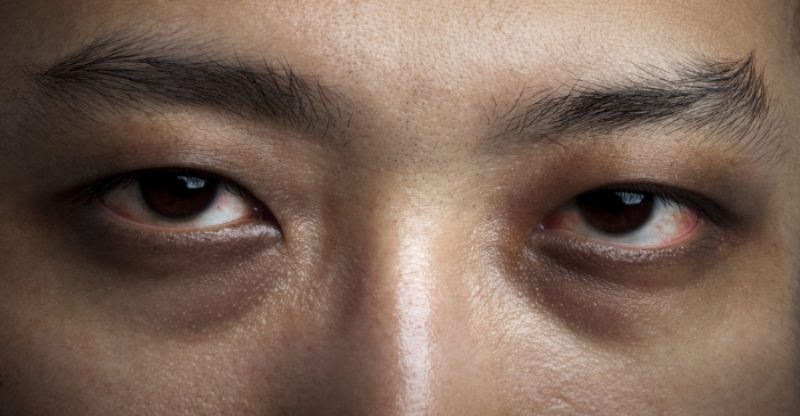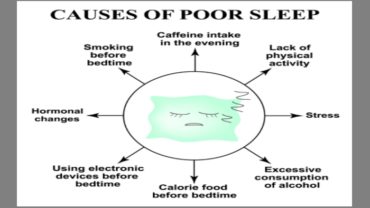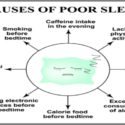What Are the Symptoms of Insomnia?
What are the Signs of Insomnia?
Without getting enough sleep, you begin to deteriorate physically and mentally. If you notice a pattern of sleeplessness, you need to seek relief from the condition so that you can be at your best. While it’s true that everyone loses sleep now and then, those with insomnia have repeated or prolonged incidents where they don’t get the sleep they need.
The Usual Symptoms of Insomnia
Here are some symptoms of insomnia that you can’t afford to ignore for the sake of your well-being:
Difficulty Sleeping
Though it sounds too simple, having difficulty sleeping is the first warning sign that you’re dealing with insomnia. Sleep is a natural occurrence, and when it’s broken, that’s your wake up call that you need to pay attention.
If you experience degrees of tossing and turning in the bed and no matter how you lie down in the bed, you just can’t seem to find a comfortable position, that’s another sign of sleeplessness. Walking up in the middle of the night or waking up repeatedly throughout the night are other signs you might notice.
Waking up Too Early
Sometimes insomnia presents itself by waking you up hours before the alarm clock is scheduled to go off. If that happens once or twice, it’s true that it can mean that your body has gotten sufficient rest, but if it happens continually and is unusual for you, then that can be a sign of insomnia.
This condition shows up physically after you’re awake by making you feel sluggish. As you go about your daily tasks, you feel like you have weights attached to your muscles. In some cases, your muscles will start to ache from not getting enough rest.
You may notice a general feeling that something’s off with your body. You’ll have a feeling of fatigue that doesn’t go away – no matter how many times you sit during the day and try to relax.
Feeling Drowsy During the Day
Feeling drowsy throughout the day can be a symptom of insomnia and so can the inability to stay awake. If you begin napping during the daytime and you were never someone who took naps before, that’s a signal that your body is unable to make it through the day on the rest you received the night before. A sense of feeling like your thought processes are a beat behind what they normally are can mean that insomnia is affecting you, too.
A Change in Attitude or Behavior
Some symptoms of insomnia show up in your attitude or behaviors. You might suddenly become irritable over things that never used to bother you. You have a lack of patience when dealing with work tasks or people.
You might start to notice that you’ve developed an ongoing sense of anxiety. Anxiety can be a sense of unease – and this is a warning sign from your body. When the lack of sleep has accumulated, you may start to get headaches that are severe enough to interrupt your lifestyle.




